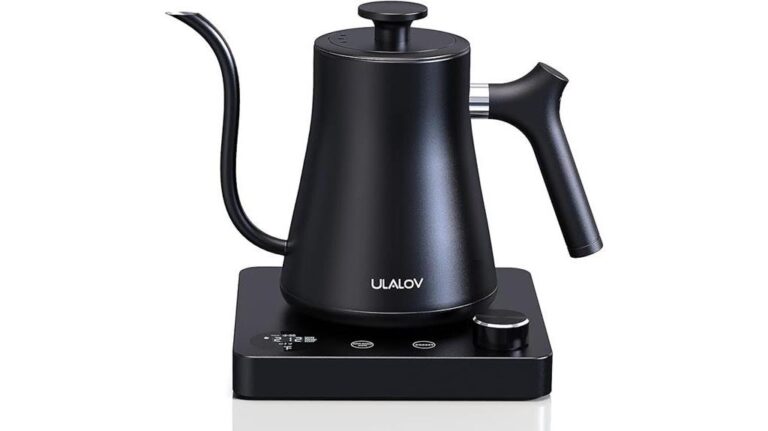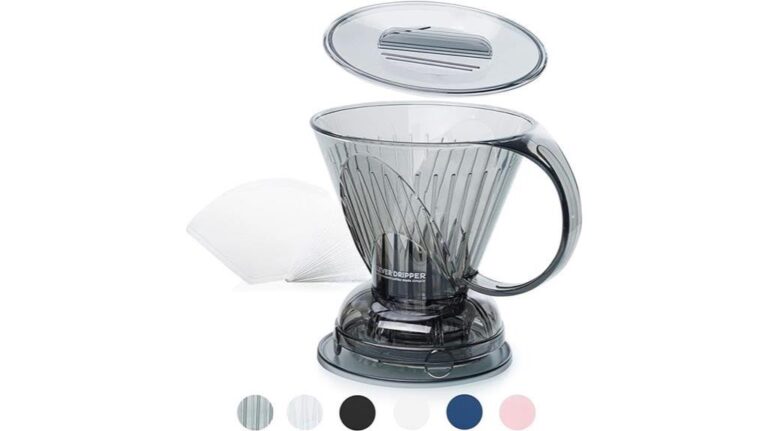Coffee Health Benefits
Coffee, a beverage revered for its rich aroma and invigorating taste, has long been a staple in cultures worldwide. Its journey from a controversial drink to a beloved morning ritual is as rich as its flavor.
Historically, coffee’s health implications were a subject of debate, often viewed through a lens of suspicion and concern. However, this narrative has shifted dramatically in light of modern scientific research.
Today, coffee is not just seen as a mere pick-me-up but as a beverage brimming with potential health benefits. From enhancing brain health to reducing the risk of chronic diseases, the story of coffee is undergoing a remarkable transformation.
Here we will explore the health benefits of coffee, unraveling the truth behind this popular beverage through the lens of recent scientific studies.
The Health Benefits of Coffee

Coffee has been enjoyed all over the world for thousands of years, but only in recent years have the health benefits of this beverage been explored. The research into the health benefits of coffee is young, but it has yielded some interesting results thus far.
These are some of the most notable health benefits of drinking coffee:
Brain Health
Recent studies have shed light on coffee’s potential role in protecting brain health. Research suggests that regular coffee consumption may offer a shield against certain neurodegenerative disorders.
This includes illnesses like Alzheimer’s and Parkinson’s disease. These findings point to coffee’s capacity to not only enhance our daily cognitive functioning but also to play a long-term role in maintaining brain health.
Heart and Diabetes Benefits
Coffee’s relationship with heart health and diabetes management is another area that has garnered significant attention.
Studies indicate that those who indulge in coffee consumption exhibit a lower risk of heart disease, stroke, and type 2 diabetes. This protective effect is a significant revelation, considering these are among the most prevalent health issues globally.
Liver Health
Beyond the brain and heart, coffee also appears to extend its protective benefits to the liver. Research shows that both regular and decaffeinated coffee can help in maintaining healthy liver enzyme levels, thus reducing the risk of liver diseases, including liver cancer. This aspect of coffee underscores its potential as a holistic health beverage.
Mental Health
In the realm of mental health, coffee has shown promising signs of being a mood enhancer and a cognitive function booster. Studies highlight its role in improving memory, mood, reaction times, and overall mental function.
The consumption of coffee has been linked to a lower risk of depression, marking it as a valuable ally in mental well-being.
Physical Performance and Endurance
Athletes and fitness enthusiasts might find an unexpected friend in coffee. Caffeine, a key component of coffee, has been found to enhance physical endurance and performance, making it a popular choice for those looking to increase their physical output.
Longevity and Disease Prevention
Perhaps one of the most compelling benefits of coffee is its association with increased longevity and reduced risk of certain types of cancer.
Regular coffee drinkers have been found to have a lower risk of developing diseases such as colorectal cancer, further cementing coffee’s role in disease prevention and overall health maintenance.
Weird Coffee Tip: Drinking coffee can be good for you if prepared in specific ways and enjoyed in moderation. To learn how to get the best health benefits from coffee, take a look at this article:
Is Coffee Good For You?
How Much Coffee Is Safe?

While the health benefits of coffee are plentiful, it’s crucial to understand the safe consumption limits to maximize these benefits while avoiding potential side effects.
Excessive intake of caffeinated coffee can lead to increased heart rate, raised blood pressure, anxiety, and trouble falling asleep. Therefore, moderation is key.
The Dietary Guidelines for Americans suggest that for most women, it’s safe to drink three to five cups of coffee a day, with a maximum caffeine intake of 400 milligrams.
However, this can vary depending on the type of coffee, as the caffeine content differs across different brews. An average 8-ounce cup usually contains about 95 milligrams of caffeine.
Special considerations apply to pregnant or breastfeeding women. High caffeine intake can have different implications during pregnancy and breastfeeding, so it’s advisable to consult with an obstetrician before including caffeine in the diet during these periods.
Individuals with certain health conditions, like heartburn, nervousness, or insomnia, should consider reducing their coffee intake.
Caffeine tolerance also varies from person to person. Some may experience benefits with just one cup of coffee a day or even with decaf, while others might tolerate more without any adverse effects.
The Importance Of Coffee Preparation

The way coffee is brewed and consumed can significantly impact its health benefits. For those seeking to reap the full health advantages of coffee, it’s important to consider the preparation method.
Brewing coffee with a paper filter is advisable, as unfiltered coffee is associated with higher rates of early death and can contain compounds that raise levels of LDL, or “bad,” cholesterol. This is a crucial aspect for individuals concerned about cardiovascular health.
Furthermore, the addition of cream, sugar, and other additives can offset the health benefits of coffee. Excessive sugar and high-calorie creamers can lead to weight gain and negate the positive effects of coffee on diseases like diabetes and heart disease.
Therefore, enjoying coffee in its most natural state or with minimal additives is recommended for those looking to maximize its health benefits.
Conclusion

In summary, coffee emerges not just as a beloved beverage for its taste and energizing properties, but also as a contributor to various health benefits.
From enhancing brain and heart health to potentially reducing the risk of chronic diseases and improving mental and physical performance, coffee’s role in promoting health is increasingly recognized in scientific research.
It is essential to consume coffee in moderation and be mindful of individual health conditions and preferences. Ultimately, incorporating coffee into a balanced diet can be a delightful and healthful choice for many. As with any dietary component, the key lies in balance and awareness.
By understanding both the benefits and the recommended consumption limits, coffee lovers can enjoy their brews with an added sense of wellbeing.
-
Espresso Express eBook
R180,00 -
From Bean To Brew eBook
R450,00 -
Great Coffee, Made Simple
R0,00









